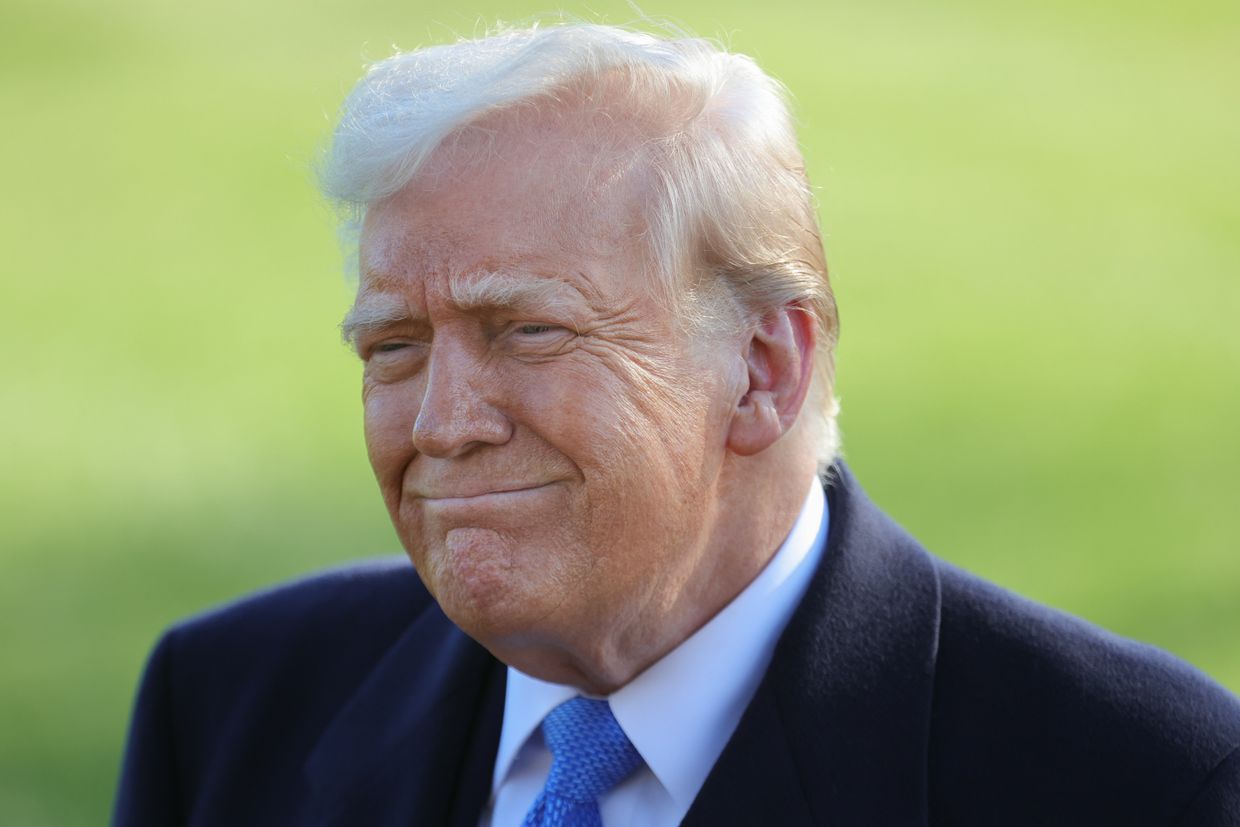Starmer's 'coalition of the willing’ Ukraine peace plan dismissed as 'political theatre,' Telegraph reports

U.K. Prime Minister Keir Starmer's "coalition of the willing" peace plan for Ukraine has been criticized by British military officials as "political theatre," the Telegraph reported on March 23, citing several military sources.
Starmer has called for countries to join a coalition of the willing that will include "planes in the air and boots on the ground" in an effort to secure a successful ceasefire in Ukraine. He previously stressed that the coalition would need "strong U.S. backing" to succeed.
Over 30 countries have expressed willingness to contribute to the coalition's peacekeeping force, Starmer's spokesperson said on March 17, confirming that the initiative has moved into an "operational phase."
On March 21, it was also reported the U.K. could deploy either Typhoon or U.S.-made F-35 fighter jets to conduct air patrols, given their advanced air-to-air capabilities.
But speaking to the Telegraph, a senior British army source called Starmer’s plan "political theater" without a "defined military end-state or military-strategic planning assumptions."
"Starmer got ahead of himself with talk of boots on the ground before he knew what he was talking about, which is why we hear less about it now and more about jets and vessels which are easier to do and don’t need basing in Ukraine," the source said.
Another military source described the situation as a political move with "no military sense," adding that Russia and the U.S. do not support the U.K.-led coalition.
They added there is much uncertainty regarding the role of a "10,000-international force based in the west of the country over 400km (250 miles) from the front line."
The Chief of the Defence Staff Antony Radakin dismissed criticism of the plans and stated that "no one should be in any doubt that this work is critical and substantial."
On March 24, Radakin and the service chiefs will meet their French counterparts at the UK Defense Ministry's Whitehall headquarters.
On March 21, U.S. special envoy to the Middle East Steve Witkoff, speaking with American far-right political commentator Tucker Carlson, also rubbished Starmer’s plan for a special coalition force to support a ceasefire in Ukraine.
Witkoff called Starmer’s plan "simplistic" and a "posture and a pose." He said he does not believe that Russia wants to further invade Europe or even absorb all of Ukraine.
"There is this sort of notion that we have all got to be like Winston Churchill. Russians are going to march across Europe. That is preposterous by the way," he told Carlson.












